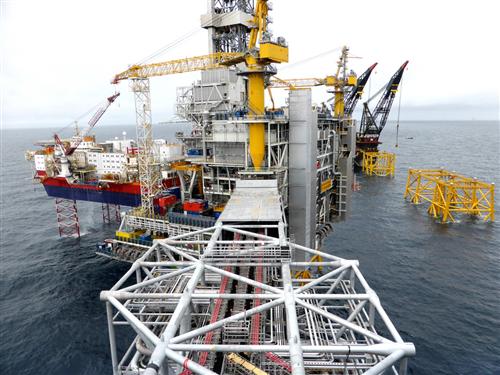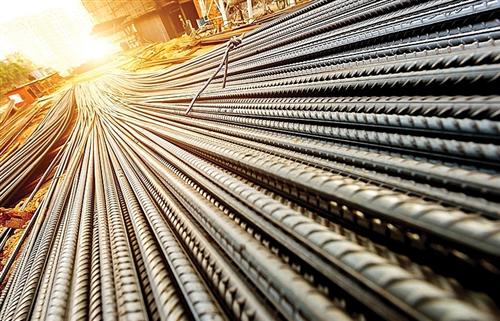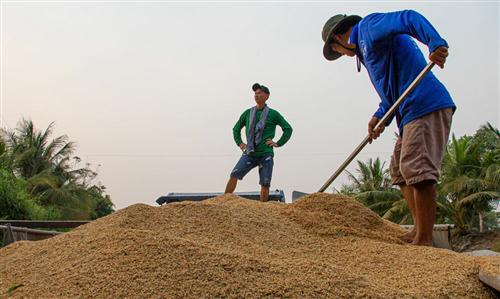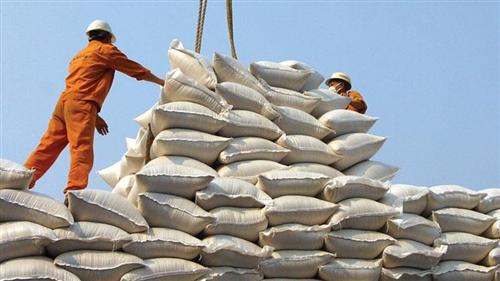Carmakers hit the brakes over newest emergency measures
Carmakers hit the brakes over newest emergency measures
Auto manufacturers are looking at bleak prospects as the global pandemic weakens sales and pushes them to temporarily suspend production, with the trend expected to continue through April at least.
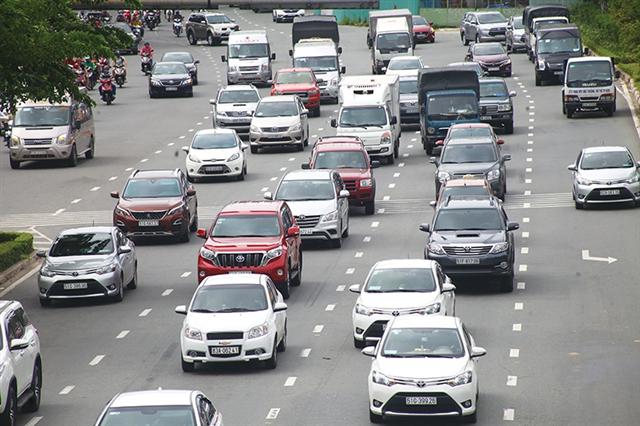
Car sales are not expected to bounce back until the pandemic is over, Photo: Le Toan
|
Nguyen Toan, a salesman at a car dealership in the city’s Le Van Luong street, told VIR that his showroom is now suffering from heavy sales slashes. “The automobile market in Hanoi has never been in such a difficult situation as it is now. You can see the busy automobile trading streets in Hanoi are now deserted with both old and new showrooms closed.”
In recent months, some salespeople have taken a break of three days a week as visitors to view cars all but disappeared. Unlike the previous ambition of a hefty growth rate, Toan’s goal is now as simple as just paying for meals and rent.
According to the Vietnam Automobile Manufacturers’ Association (VAMA) that consists of 17 automaker members, sales in the whole market as of the end of February were down 27 per cent on-year. The VAMA has yet to release sales figures for March, which are expected to be even more damaging.
The Vietnamese car market is likely to remain frozen with most stores temporarily closed and production halted due to the coronavirus crisis. Last week, Honda Vietnam, Ford Vietnam, Toyota Motors Vietnam, and TC Motors – which hold the majority of the country’s automotive market – announced suspending the production and assembly of cars over concerns of the pandemic. The halt will last until April 15 in line with the government’s direction on nationwide social distancing.
Toyota Motors Vietnam said in a press release, “The resumption of production will depend on the outbreak situation, market demand, supply chain situation, inventory of agents, and government regulations.” It added that as of now, this requirement only applies to the Hanoi area, while in other localities Toyota will continue to issue updates as more information becomes available.
The company explained that employees are also being encouraged to maintain social distancing, work from home, practice respiratory hygiene, wash hands more often, and stay at home if they see any suspicious symptoms, obeying the government’s guidelines.
In 2019, Toyota in Vietnam achieved outstanding results, as it lined off over 50,000 units. The company’s sales volume last year ranked in first position in the Vietnamese market, with a record volume of over 79,000 vehicles. The Vios was the best-selling model in 2019, while completely-knocked down unit models like the Innova and Fortuner are consistently on the list of best-selling models, according to the company’s website.
Up to this point, the COVID-19 pandemic is delaying plans for many car manufacturers and distributors. For instance Ford Vietnam, which holds more than 10 per cent market share and has just decided to invest an additional $82 million to upgrade its Hai Duong assembly facility and expand annual production capacity to 40,000 vehicles, has already temporarily suspended actions at the facility from March 26.
Toru Kinoshita, president of the VAMA, also said recently that although the import of components and materials as inputs for production is temporarily maintained, in the future, it will certainly be affected due to entry bans over concern of the virus spread.
Thus, the association has already asked the government and related ministries to reduce 50 per cent in VAT and registration fees for customers who buy cars to stimulate consumption during the global health crisis.
Currently the list price of cars at dealers includes cost price, special consumption tax (SCT), VAT, and fees. In addition, customers who buy cars must pay an additional 10-12 per cent of registration fee. Thus, the VAMA’s proposal will contribute to reducing burdens on customers. However, the proposal is only under consideration by the government for now. In addition, the VAMA also proposed the government to extend the payment deadlines of VAT and SCT for businesses from March to at least September, and corporate income tax until the end of March 2021.
In KPMG’s report released last month, COVID-19 has exposed several challenges for the automobile sector, with governments globally preparing for a broader spread of the virus. South Korea, Italy, and Japan are some of the most affected among the major industrialised economies. Consequently, 80 per cent of automotive and related companies report that the coronavirus will have a direct impact on their 2020 revenues. Some 78 per cent of companies do not have enough staff to run a full production line, according to the report.
Dieter Becker, global head of KPMG’s Automotive Practice, forecast that the ongoing spread and differing reactions to the coronavirus in Europe will delay economic restarts, despite the ongoing yet slow Chinese economic recovery.










